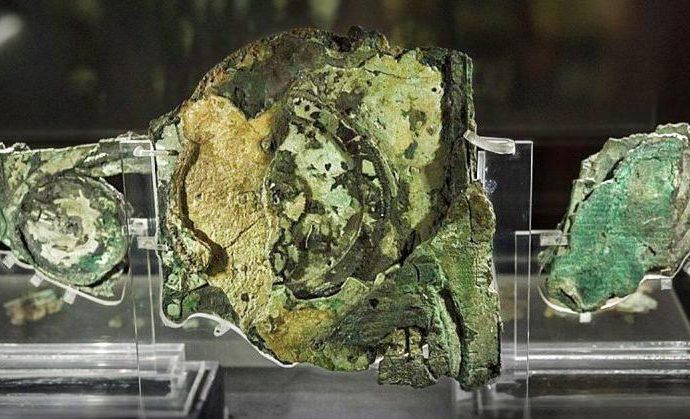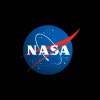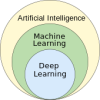Scientists believe that the Antikythera mechanism is the world’s oldest analog computer, and, luckily, it is now complete as the researchers found the missing component on Aegean seabed.
The last piece of this puzzle the scientists found completes the mechanism which can now help researchers shed more light on what the device was and its purpose.
Most probably, as far as the researchers know, the Antikythera mechanism was designed in the late 2nd century BC, in Greece. Apparently, it was used to calculate astronomical positions and eclipses for the ancient Greek calendar. The scientists believe that this system could predict astronomical phenomena with decades before happening.
The so-called Antikythera mechanism confirms the hypothesis that Greeks were already aware of the heliocentric system (the Earth’s revolves around the Sun) with about 2,000 years before Nicolaus Copernicus stipulated the same theory. Besides, the device can do basic math and accurately track the movements of the Sun, Moon, planets, and constellations, as well.
Scientists Found The Missing Component of The World’s Oldest Analog Computer
The first pieces of the so-called world’s oldest analog computer have been discovered since 1901 when a team of sponge hunters bumped into the main component of the mechanism. Besides being the first analog computer on the Earth, the Antikythera mechanism is also the first planetarium in the whole world as it can reveal a mechanical model of the solar system used to predict solar and planetary movements.
According to archeologists, the Antikythera mechanism reached the bottom of the Aegean Sea after the Roman ship carrying it from Greece to Rome sunk, along with bronze statues, coins, and other precious artifacts. Thus, “the Antikythera Mechanism is an important object in the historical record of ancient technology but is also a prism for tracking the development of archaeology as a professional field,” said Sarah Bond from the University of Iowa.
“It reveals the advanced astrological instruments created and used by ancient engineers, but the protracted nature of the undersea dig reveals archaeological advances in scanning, 3D modeling, and many other sophisticated approaches in reconstructing and analyzing the computer,” she added.
Source: Canadian Homesteading

































Leave a Comment
You must be logged in to post a comment.